The Placenta Lady
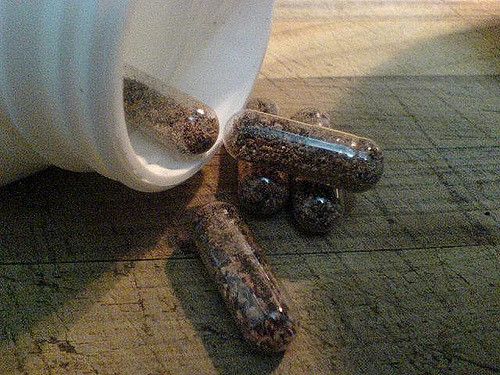
One can describe Carrie Hankin’s home as a place of warm, chaotic love. Her youngest daughter tugs on your hand, asking if you have children. Her son is playing video games in the next room, its walls adorned with finger paintings and marker streaks. A faux-hawked teenage girl swings open the screen door and says something along the lines of, “Mom, I thought you were out hunting for placentas.”
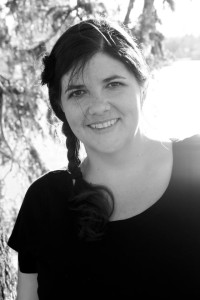
Most loving family homes don’t have what Carrie’s has: a room dedicated for the sterilization and processing of human placentas. A former doula and apprentice to midwifery, Carrie has been specializing in placentas since 2008. She offers this service to the Denver Metro and Boulder area.
Carrie processes the placentas to help new mothers with postpartum depression, anemia, and increasing milk production. After picking up the placenta from the new mother’s house, she will put them through a treatment process of steaming, dehydrating, and grinding them to a fine powder for vegetarian pill capsules. Most services of this nature run up to about $200, but she has a greatly reduced cost to make it more accessible to lower income families.
Placentophagy, when mammals eat their placenta after giving birth, comes with a fair amount of controversy. Aside from the “ick” factor that most Westerners associate with it, there is question of its scientific efficacy. Unfortunately, what we’re lacking is a proper double-blind, placebo controlled, human study to really find out.
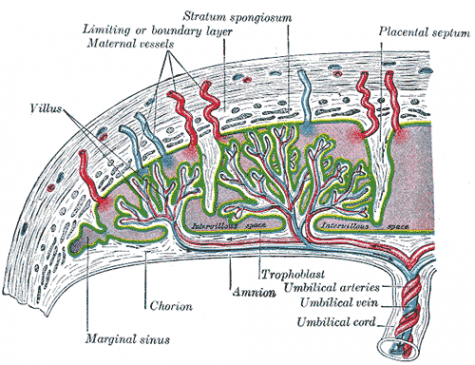
The studies that are out there are conflicting. According to the NICHD, the National Institute of Child Health and Human Development, there are no health benefits. However, this was admittedly based on studies that either were not rigorously followed through, thus giving mixed results, or done on animals such as mice.
There are a few studies that support the efficacy of placentophagy, some can be found on Carrie’s webpage, theplacentaladydenver.com. Carrie is upfront that her services are not pharmaceutical, or intended to diagnose any condition. Mothers are advised to do their own research when it comes to birthing decisions.
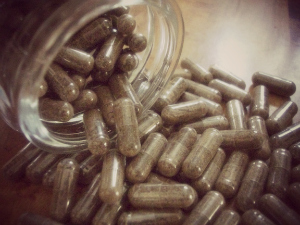
What can be guaranteed is that it is all done in a safe and sanitary manner. Carrie is currently in grad school studying public health, with goals of pursuing a health system that is safer and more accessible to lower income women. “It really is amazing and I am humbled to be a part of it. . .” she remarks on helping generations of families.



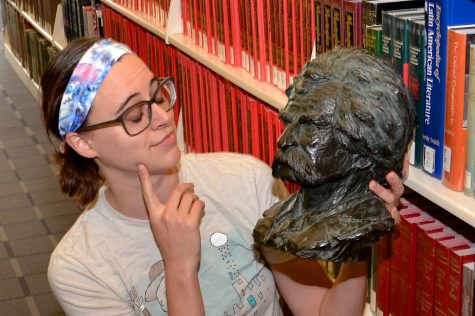
Jasmyn Chavez • Nov 30, 2016 at 2:46 pm
Hello Nico,
I really enjoyed reading your article! Just the title alone drew me in just because I am on the path to nursing school. What made you want to write about this topic? I didn’t even know that there was even a way to use your own placenta to solve postpartum issues. Do you know how Carrie Hankin sterilizes the placentas or even collects them? The way that you wrote about her job was very informative and easy to read. I learned a lot about ways the placenta can be used.
It was very interesting to read how just the placenta alone can help with postpartum depression, anemia, and an increase in milk production. Is there any other way that the placenta is taken other than pill form? Did Carrie Hankin discover how to sterilize and produce the placenta pill or is this method used quit commonly? Nico, I really enjoyed reading your article due to the factual sense of it, because it’s something I’ve never heard of before.
Thank you,
-Jasmyn Chavez